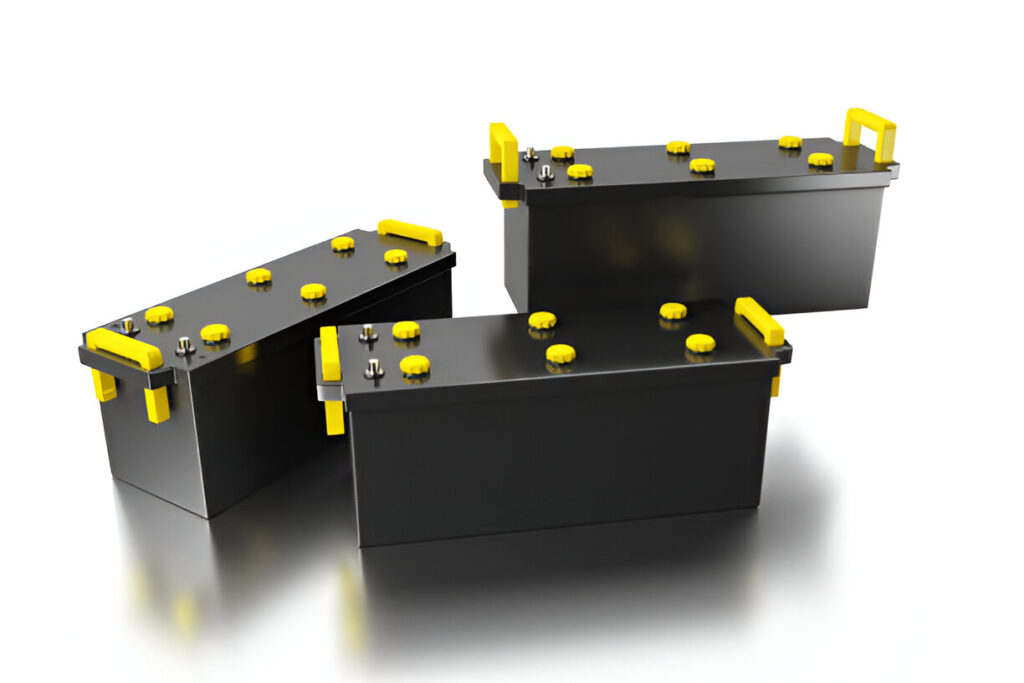In Pakistan, the demand for solar energy is rising rapidly due to high electricity costs and frequent load shedding. For people considering solar setups, one common question is: Is a 100Ah battery enough to meet my backup requirements? The answer depends on your energy consumption, appliances in use, and how long you want your backup to last. Let’s take a closer look.
What is a 100Ah Battery?
A 100Ah (ampere-hour) battery stores enough energy to provide 100 amps for one hour, or 10 amps for ten hours, depending on the connected load. These batteries are commonly used in solar systems because of their manageable size and capacity. A 12V 100Ah battery gives you about 1200 watt-hours of energy. However, due to efficiency losses, you typically get around 50–80% of that usable capacity, especially with lead-acid or dry batteries.
What Can You Run on 100Ah Batteries?
A 100Ah battery is ideal for light loads and short-duration backup. It can easily support:
-
Energy savers or LED bulbs
-
One or two ceiling or pedestal fans
-
A Wi-Fi router or internet device
-
Charging of phones and laptops
-
Small LED television sets
However, it is not suitable for running high-wattage appliances such as refrigerators, air conditioners, washing machines, or water pumps unless used in a multi-battery setup. For households with minimal energy needs or those looking to power essentials during load shedding, a 100Ah battery can be a smart choice.
Dry Batteries vs Lead-Acid: Which Works Better?
When selecting 100Ah batteries for solar use, people often compare dry batteries and traditional lead-acid batteries. Dry batteries are considered better for modern solar systems as they are sealed, maintenance-free, and safer. They also charge faster and last longer under typical home usage conditions. On the other hand, lead-acid batteries are less expensive but require frequent water top-ups and careful handling.
If you’re installing a system in a residential area and prefer ease of use, dry batteries are usually a better long-term investment despite the higher upfront cost.
Is a Single 100Ah Battery Enough?
If your goal is to run just lights and fans for 2–3 hours during load shedding, a single 100Ah battery might be enough. But for longer outages or more devices, you will need either:
-
A higher capacity battery (e.g., 150Ah or 200Ah)
-
Multiple 100Ah batteries connected in parallel
This ensures your solar system provides stable backup throughout the day or night as needed.
Solar Charging Compatibility
A solar panel of 250W–300W can charge a 100Ah battery in approximately 5–6 hours of good sunlight. This makes it a good match for homes in Pakistan where sunlight is available for most of the year. However, for cloudy days or increased load, having a charge controller and monitoring setup is recommended.
When is a 100Ah Battery Ideal?
Choose 100Ah batteries if:
-
Your load is limited to fans, lights, and small electronics
-
Your backup requirement is short-term (under 4 hours)
-
You’re starting with a small solar setup
-
You prefer low-maintenance and compact energy storage
Avoid them if you want to run large appliances or need full-night backup. In that case, it’s better to invest in larger capacity batteries or multiple units.
Final Thoughts
For many homeowners and small offices in Pakistan, a 100Ah battery can provide a reliable and budget-friendly solution for short-term energy needs. These batteries are also a great starting point for those new to solar systems. With the right solar panel size and charge controller, 100Ah batteries can help reduce dependency on the grid and save on electricity bills.
Still unsure if 100Ah batteries are right for you? At Voltica Enterprises, we provide expert advice and high-quality battery options tailored to your needs. Whether you’re looking for dry batteries, full solar setups, or UPS solutions, we’re here to help you make the smart choice.


